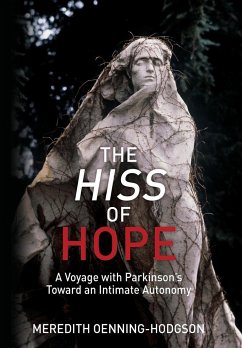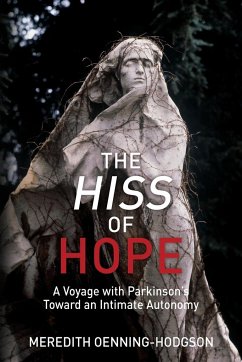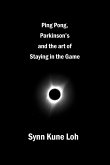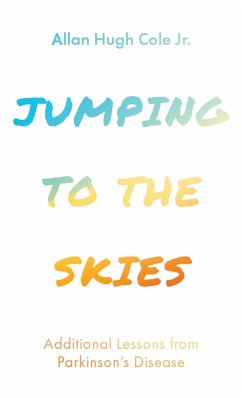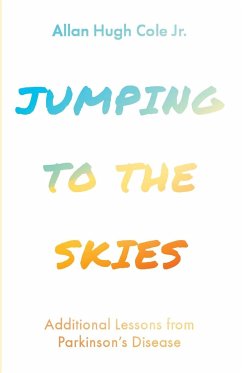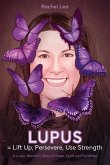The diagnosis of a chronic illness can separate a person's timeline into two spaces: the before and the after the onset of the disease. For this author it is Parkinson's Disease. The disease has been with her for 20 years. For the first few years the relationship between her and Parkinson's remains moderate. But the symptoms gradually become worse. And the battle begins. Her psychoanalytic practice has to close. Patients are referred to colleagues. Her days and nights consist of dualistic power battles, of feelings of resignation, or of enduring the hours when her body freezes and she becomes a statue, at the mercy of Parkinson's Disease. This book is a descriptive narrative of the re-shaping of this state through learning an unfamiliar pattern of relating, through acquiring a consciousness-and an experience- of an intimate autonomy. From the initial port of a relating pattern with Parkinson's Disease consisting of the usual fight, flight, freeze or the book's new 'fall' structural methodology, the author takes off on a voyage harboring cryptic intimations about being "with" an illness, about a less ego accentuated interacting. This remarkable transmutation happens gradually. A re-molding takes place during the course of an eight year journey. The nucleus of this book is a descriptive narrative of this journey, of a voyage to the paradoxical space of an intimate autonomy. Even though The Hiss of Hope is about living with a chronic disease, the book does not dwell on a life of suffering and desperation, but rather, it also depicts the adventure leading to places, to encounters and to depths of experience that would not have been possible without first having been ambushed by Parkinson's. Today's Zeitgeist seems to be pregnant with dark and fearful hints of impending disasters. This book suggests an intimate autonomy as a culturally integrable relating pattern to cope with life in the first half of the 21st century. And with death. With a grateful nod to Parkinson's Disease and its initial rupture of her life, the author concludes her book with a generous smile. The sparkle of the 'before' space links to the calm radiance of the 'after'. And the sibilant hiss, reveals itself as a dynamic third between hope and no-hope: a concurrent unity of an intimate togetherness and an autonomous separateness. A beginning asserts itself at the end. Parkinson's reacts with a wise and iconic grin.
Hinweis: Dieser Artikel kann nur an eine deutsche Lieferadresse ausgeliefert werden.
Hinweis: Dieser Artikel kann nur an eine deutsche Lieferadresse ausgeliefert werden.

